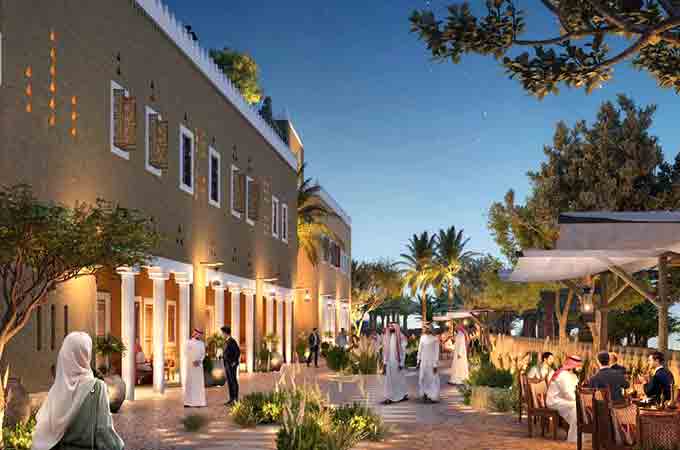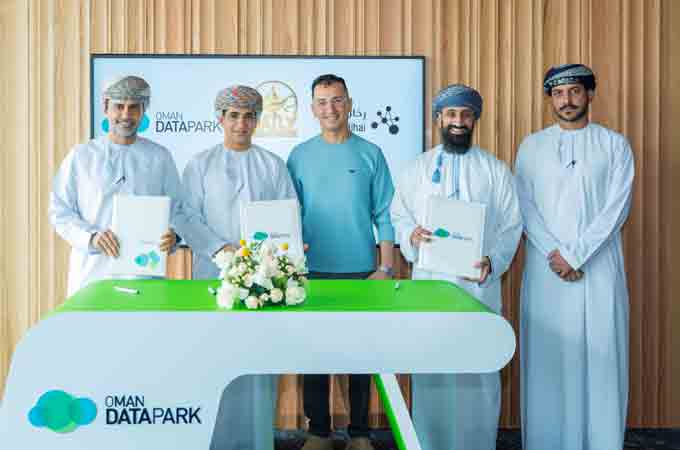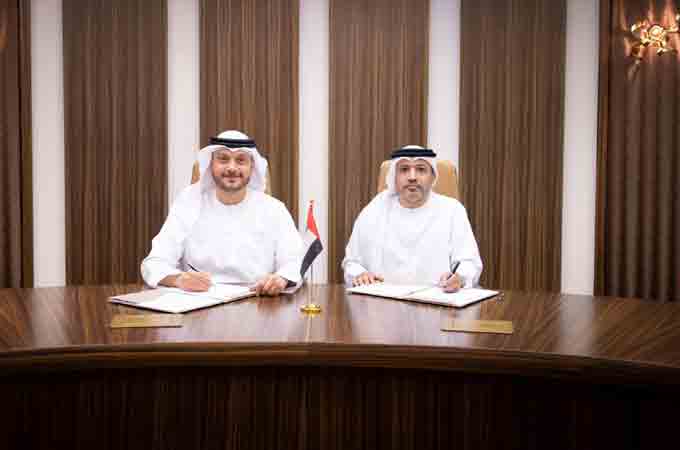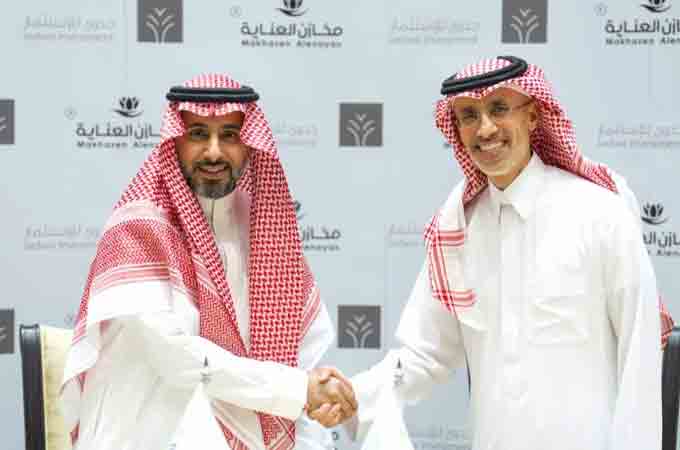Saudi Arabia driving $2bn Mideast social infrastructure project activity

The Middle East region will record a 25% growth in social infrastructure project activity in the next two years, according to a new report by Ansarada, a leading procurement platform.
As population growth accelerates and quality-of-life standards become increasingly central to national agendas, governments across the Middle East are intensifying investment in social infrastructure projects.
In 2024, the Middle East had a total value of $1.6 billion in social infrastructure transactions, which is expected to grow to $2 billion by 2027, stated Ansarada in its report.
The Ansarada Social Infrastructure Outlook 2025 explores key themes such as procurement efficiency, risk allocation and the shift towards workflow digitalisation, providing up-to-the-minute insights into prevailing procurement trends.
As per the report, almost half (46%) of EMEA stakeholders cite population growth and improved quality of life as key investment drivers.
The Kingdom of Saudi Arabia (KSA), it stated, is rapidly advancing its social infrastructure as part of its Vision 2030 strategy, with 2025 seeing a number of large-scale projects and innovative public-private partnerships (PPPs).
The investment surge aims to strengthen its non-oil sector and attract international investors.
To support these goals, authorities are increasingly turning to PPP models to accelerate delivery, manage risks, and attract private sector expertise in healthcare, education, and housing, it added.
Justin Smith, the Managing Director of Ansarada said: "Saudi Arabia is playing an increasingly important role in infrastructure capital deployment across the Middle East. Its strategic approach to large-scale project delivery, supported by developing PPP frameworks and digital procurement initiatives, is helping to establish the Kingdom as a significant infrastructure investment hub in the region."
"As the need to deliver impactful healthcare, education and housing projects continues to grow, along with rising investor interest in ESG-focused, technology-enabled procurement, Saudi Arabia is emerging as an attractive destination for international capital and a potential reference point for modern infrastructure development," stated Smith.
More broadly, EMEA has emerged as the most competitive region, with 30% of professionals reporting very high levels of competition during the bidding stage of their most recent projects, significantly higher than any other market surveyed.
By comparison, only 10% of respondents in Asia-Pacific reported similar levels of competition, pointing to deeper structural differences and market maturity across regions, stated Ansarada in the report.
Healthcare has emerged as the top priority for EMEA, with 68% of respondents agreeing the sector will see the greatest increase in investment value over the next two years. This is followed by leisure (56%) and education (52%).
This highlights a broader focus on community well-being and social resilience, particularly given the growing complexity and urgency of delivering high-impact projects, particularly in markets like the KSA.
As businesses place growing importance on ESG considerations, 61% of EMEA respondents have identified ESG as essential for infrastructure investment.
Global investors are placing increasing importance on funding projects that meet robust sustainability standards. From energy-efficient building designs to community engagement, the demand for ESG-aligned procurement is growing, reshaping how infrastructure projects are evaluated and delivered, said Ansarada in its report.
Saudi Arabia’s social infrastructure is advancing rapidly, driven by government support, private sector growth, and a strong PPP framework.
Strengthened US-Saudi ties have sparked major investments and tech transfers, accelerating Vision 2030. These moves aim to improve quality of life and cement the Kingdom’s role as a regional leader in infrastructure and development, it added.-











